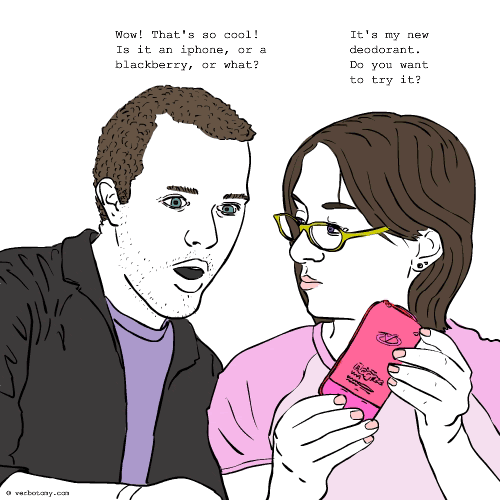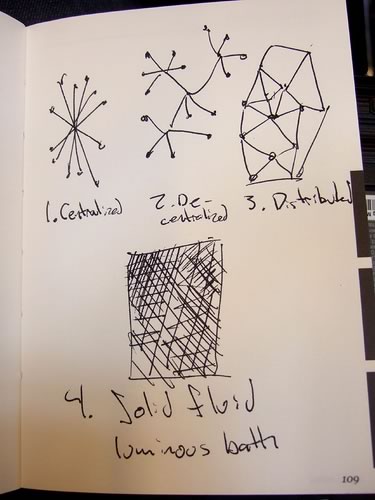 About this time last year, Mark Pilgrim announced that he was ditching Mac OS X for Ubuntu. The move was made for various technical and philosophical reasons. A number of people saw this move, which was echoed by Cory Doctorow shortly afterwards, as a possible “tipping point”, a harbinger of a massive exodus of desktop users from Apple to Ubuntu.
About this time last year, Mark Pilgrim announced that he was ditching Mac OS X for Ubuntu. The move was made for various technical and philosophical reasons. A number of people saw this move, which was echoed by Cory Doctorow shortly afterwards, as a possible “tipping point”, a harbinger of a massive exodus of desktop users from Apple to Ubuntu.
A year has passed and Mark has posted a “One Year Later” article providing an overview of his move.
Does he regret ditching Mac OS X for Linux? No. He’s quite happy with his system and pleased at both the level of control he has over it and the ease of maintenance — he’s only had to do the configure make make-install dance once.
However, there’s one part of his essay that completely undoes the argument that Linux is ready for the average user who just wants to get work done and can’t be bothered with all the yak shaving that we nerds like to do:
I still have a Mac in the house — my old laptop, which I gave to my wife…
I’ve got more thoughts on the subject, which I’ll post later.




